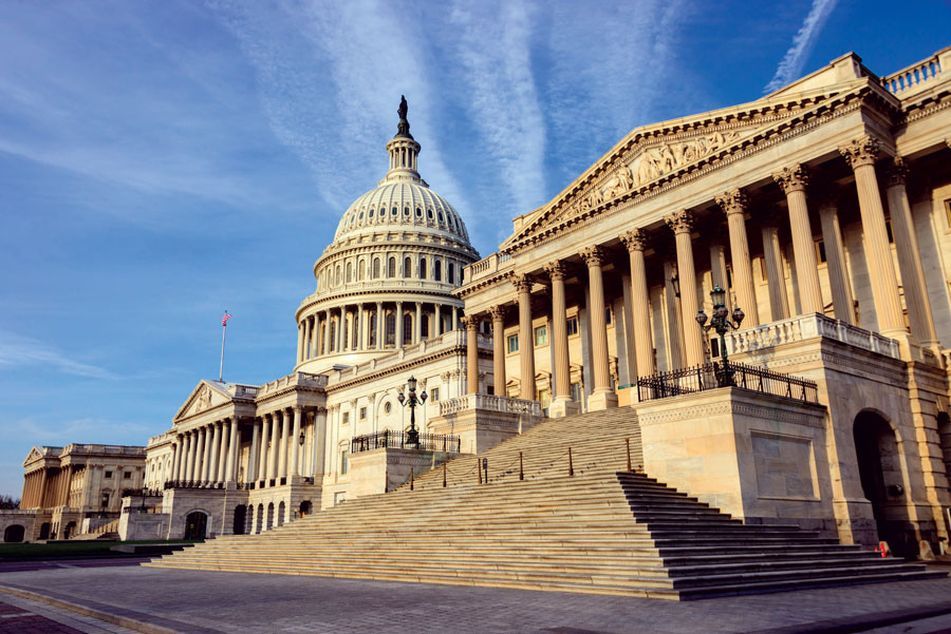Trade association pushes retirement savings provisions for next COVID relief bill

The Insured Retirement Institute calls for raising RMD age, allowing catch-up retirement contributions
As talks continue between the Trump administration and lawmakers over the next coronavirus legislative relief package, an insurance trade association is trying to get negotiators to include provisions that it says will help retirement savers.
In a Tuesday letter to President Donald Trump, Treasury Secretary Steve Mnuchin and House and Senate leaders, the Insured Retirement Institute said the COVID-19 pandemic is undermining retirement security because workers are tapping their retirement accounts to finance living expenses and are contributing less to their retirement savings plans.
The group reiterated its five-point plan to address the problems, which it first floated in April. The steps include increasing the age at which individuals must start taking required minimum distributions from retirement plans and individual retirement accounts from 72 to 75, enabling greater use of annuities in retirement plans and allowing catch-up retirement contributions for those affected by the pandemic.
“As discussions progress about this next COVID-19 legislation to help our nation’s workers, families and economy recover, the damage done to millions of workers’ and retirees’ retirement security should not be overlooked,” IRI Chief Executive Wayne Chopus wrote. “There is a growing need to do something on their behalf so they can have the ability to enjoy a secure and dignified retirement.”
Early negotiations have resulted in stalemate, as Republicans and Democrats are far apart on their approaches to pandemic relief. The House passed an approximately $3 trillion bill in May known as the Heroes Act. Senate Republicans have offered an approximately $1 trillion measure known as the Heals Act.
It likely will be difficult for the IRI proposals to break through in the relief talks. Lawmakers may want to limit legislation to assistance to laid-off workers, struggling small businesses and health care providers, among others on the frontlines of the pandemic.
For instance, the portion of the Heals Act drafted by the Senate Finance Committee concentrates on relief to workers, assistance to employers and health care, among other areas. The only mention of retirement policy is a clarification of the suspension of RMDs in 2020 that was included in the CARES Act earlier this year.
The Heroes Act includes provisions about multiemployer pension plans and it would waive RMDs retroactively for 2019. It doesn’t go as far as the IRI plan in reforming retirement savings policy.
IRI is continuing to press its case on Capitol Hill. The organization has held 129 virtual meetings — either on the phone or via Zoom — with lawmakers and staff since April.
“We’re still optimistic from all the conversations we’ve had on the Hill,” said Paul Richman, IRI chief government and political affairs officer. “The reaction has been positive. They agree with the public policy goals of our plan. What it comes down to is the competing public policy priorities that will be addressed.”
The IRI five-point plan may run into the same problem that is facing advocates who are lobbying to restore and expand the tax deduction for investment advisory fees.
The fee tax break does not directly pertain to workers or businesses immediately affected by the pandemic but rather is a long-term economic policy change that could be taken up in future legislation. The IRI plan fits the same description and might appear in retirement savings legislation later in the year or next year meant to bolster the economy.
“They’re more for a recovery bill than for a relief bill,” said a financial industry lobbyist who asked not to be named to talk freely about the prospects for the IRI proposal.
It’s unclear when the administration and lawmakers will settle on the next iteration of pandemic legislation. Enhanced unemployment benefits expired last Friday. But that pressure may not overcome partisan gridlock for some time.
Learn more about reprints and licensing for this article.








